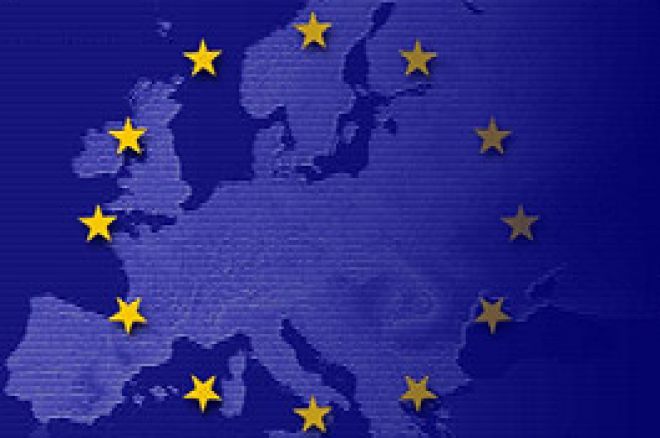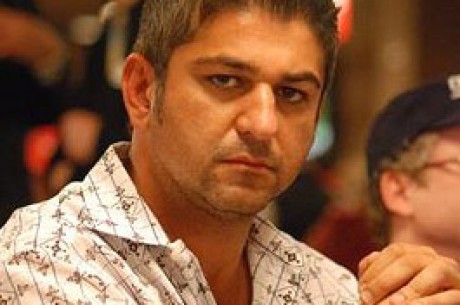Deal or No Deal?: US and EU Wrangle Over Online Gambling Compensation

In June 2007, the European Union announced its intention to file for trade-related compensation from the US based on the US's online gambling restrictions. This week, compensation negotiations between the US and the EU appear to have stalled. On Friday, the US issued an offer to the EU that was immediately rejected as "insufficient."
In 2003 Antigua and Barbuda filed a dispute with the World Trade Organization (WTO) claiming that US restrictions on internet gambling violated trade commitments. What began as the fluttering of a tiny island nation's butterfly wings has developed into a full fledged international hurricane now seeking compensation from the US. When the WTO ruled in favor of Antigua's claim earlier this year, the US retaliated by removing its gambling industry from their free trade services commitments with the WTO. The US's withdrawal allowed WTO members to demand compensation consistent with the value of the US gambling market, estimated at $100 billion. The lion's share of the claims are expected to come from the European Union, home to some of the world's largest online gaming companies such as PartyGaming and Sportingbet.
The EU has made it clear that they will not be seeking monetary damages from the US. An EU official said "If there's compensation it will not be cash but in the form of the US opening up its services industry or part of it, say insurance or re-insurance, to others and not just the Europeans under WTO rules." But any industry concession will still represent tens of billions of dollars to the US. There is another less costly avenue the EU is willing to consider. If the US were to lift the online gambling restrictions to licensed and regulated international companies, as has been proposed in the Internet Gambling Regulation and Enforcement Act of 2007 (H.R. 2046) introduced by Rep. Barney Frank (D-MA), the US just might get away on the cheap.








